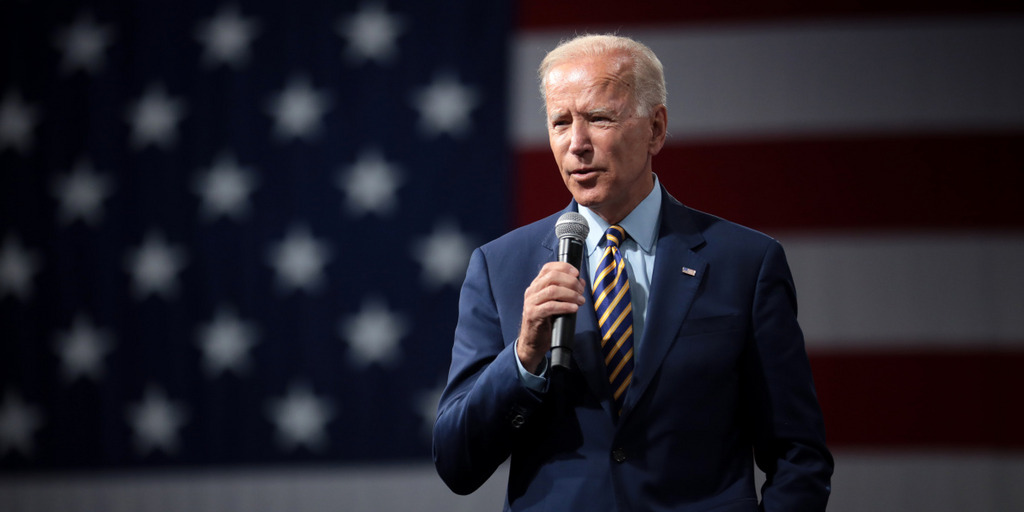On the morning of November 7th, Joseph R. Biden became President-elect of the United States. The end of the Trump era was marked by cars honking their horns throughout the nation's capital, and impromptu dance parties spreading from Philadelphia to New York to Atlanta and beyond. In poetic fashion, it was Mr. Biden's home state of Pennsylvania that carried him across the elusive threshold of 270 electoral votes, putting an end to days of tension and uncertainty that followed this election.
Though the final figures have not been tallied, there are several things we do know. First, Biden will finish this election earning the most votes in American history. Second, more than 70 million Americans expressed their support for President Trump, leaving Trumpism as a fixture in our political landscape. Third, bridging the gap between those two camps will be a difficult, but the most pressing, challenge for the incoming President.
While the Democrats succeeded at the top of the ticket, the party underperformed down-ballot. The Democrats retained the majority in the House of Representatives, but lost key seats along the way, and failed to flip state legislatures that would have allowed Democrats to control the redistricting process for the next decade. The race for control of the United States Senate hinges on the results of two run-off races in Georgia which will be decided on January 5, 2021. With the presidential election in the rear-view mirror, political operatives, 2024 presidential hopefuls, and big-money donors will shift their attention to the Peach State as the final battleground to determine if Washington will be run exclusively by the Democrats, or if divided government will prevail.
But not everyone in the US has moved on so quickly. President Trump and his supporters on Capitol Hill, in the media, and in the public, have refused to accept the result of the election, claiming widespread fraud without evidence. To date, the Trump legal team has presented its case in court 10 times since Election Day and has lost each time. Nevertheless, the incumbent president refuses to concede and is reportedly prepared to rally his supporters around the country to fight until the bitter end.



